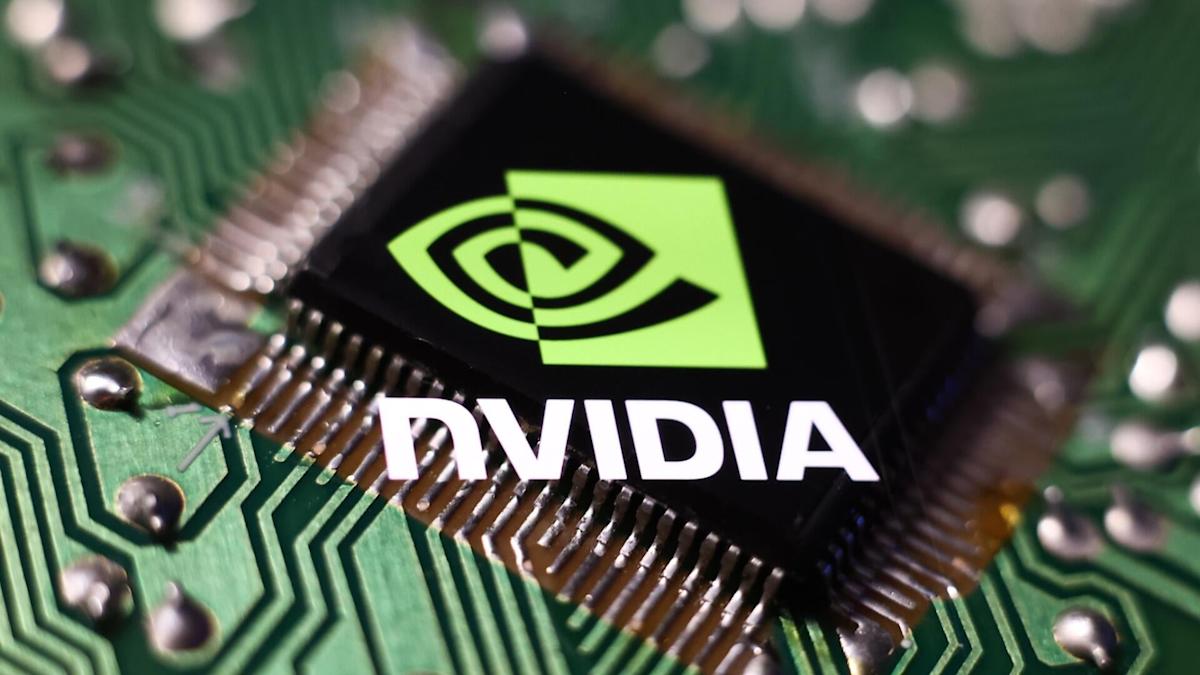Should you worry about an AI bubble? Investment pros weigh in.
Artificial intelligence has fired the stock market to record highs this year, with companies eager to tout their AI prowess and investor darlings like AI chipmaker Nvidia soaring on expectations of runaway growth.
But a tinge of fear is starting to shadow that exuberance. Stocks have slumped this week as investors fret the AI boom could go bust.
The startling run-up in AI-related stocks is prompting comparisons to the dot-com era of the late 1990s, when many internet companies saw their stock prices skyrocket despite suffering vast financial losses. When that bubble burst in the early 2000s, it took down former high-fliers like Pets.com, torched investor portfolios and triggered a recession.
Bubbles occur when stocks surge on inflated growth expectations that ultimately prove to be disconnected from a company’s underlying fundamentals, a painful reality check that typically ends with overhyped shares falling back to Earth.
Thursday’s stock market tumble — when high-flying AI stocks such as Nvidia and CoreWeave led the tech-heavy Nasdaq Composite to see its biggest drop in months — fueled further anxiety this week about another bubble.
Beyond the stock market, economists are also questioning whether AI will turn out to be as transformative for businesses as proponents of the technology insist. Advocates say AI will spur a productivity boom, leading to stronger corporate growth and profitability.
“The stock market is a giant bet on AI right now. It’s really 10 companies that are driving all of it,” Rebecca Homkes, an economist and lecturer at the London Business School, told CBS News.
In other words, this year’s 15% gain in the S&P 500 is largely due to a handful of tech giants that are heavily investing in AI. The combined market capitalization of the so-called “Magnificent 7” — Google-owner Alphabet, Amazon, Apple, Meta, Microsoft, Nvidia and Tesla — today represents a record 37% of the S&P 500’s total value, according to Morningstar.
Irrational exuberance?
That may give pause to the millions of Americans who are saving for retirement in 401(k) and other plans. If the market’s gains lean so heavily on a few dominant companies, as during the dot-com bubble, the fallout could be severe if investors suddenly sour on AI.
“No one wants to be caught dancing after the music has stopped,” Aaron Schaechterle, portfolio manager at Janus Henderson, said in an email.
Still, today’s stock valuations aren’t nearly as stretched as they were in the late 1990s, Goldman Sachs analysts note. The investment bank’s analysis of the Magnificent 7’s median price-to-earnings ratio — a measure of a company’s share price compared to its profits — found it is “roughly half” that of the largest seven companies in the late 1990s.



Leave a Comment
Your email address will not be published. Required fields are marked *